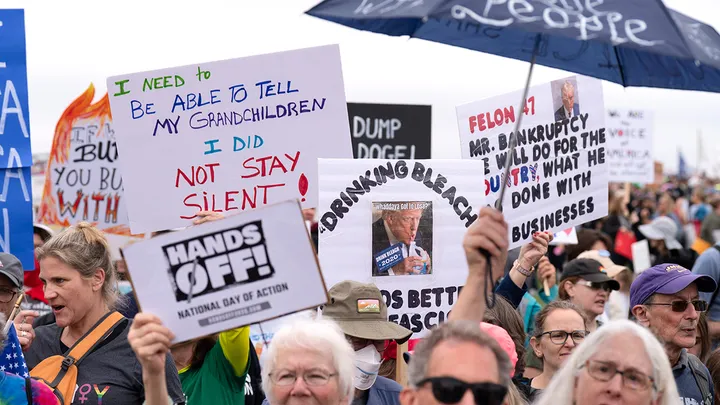
The Supreme Court will hear oral arguments Thursday on a challenge to President Donald Trump’s effort to end birthright citizenship, and crucially, whether lower courts that have blocked Trump’s policies from taking force nationwide have acted beyond their authority.
Any decision from the 6–3 conservative majority could have sweeping implications for Trump’s presidency as his lawyers spar against an onslaught of lawsuits in federal courts nationwide.
The Supreme Court arguments are expected to focus on lower court judges in Maryland, Massachusetts and Washington state who issued “universal” injunctions against Trump’s birthright citizenship executive order earlier this year.
The Trump administration asked the Supreme Court in March to intervene and limit the scope of three lower court rulings to cover only individuals directly impacted by the relevant courts (or potentially, the 22 states that challenged Trump’s executive order). But that’s unlikely to be the primary theme at the center of Thursday’s high-profile debate.
Rather, justices are expected to use the oral arguments to weigh the authority of lower courts to issue nationwide, or “universal” injunctions blocking presidential policies — teeing up a high-stakes showdown that pits Trump’s Article II powers against Article III courts.
The hearing comes as Trump and his allies have railed against so-called “activist” judges, whom they have accused of overstepping their powers and acting politically to block Trump’s policies. The president even suggested that a federal judge in Washington, D.C., be impeached for his ruling earlier this year, which prompted a rare public rebuke from Chief Justice John Roberts.



